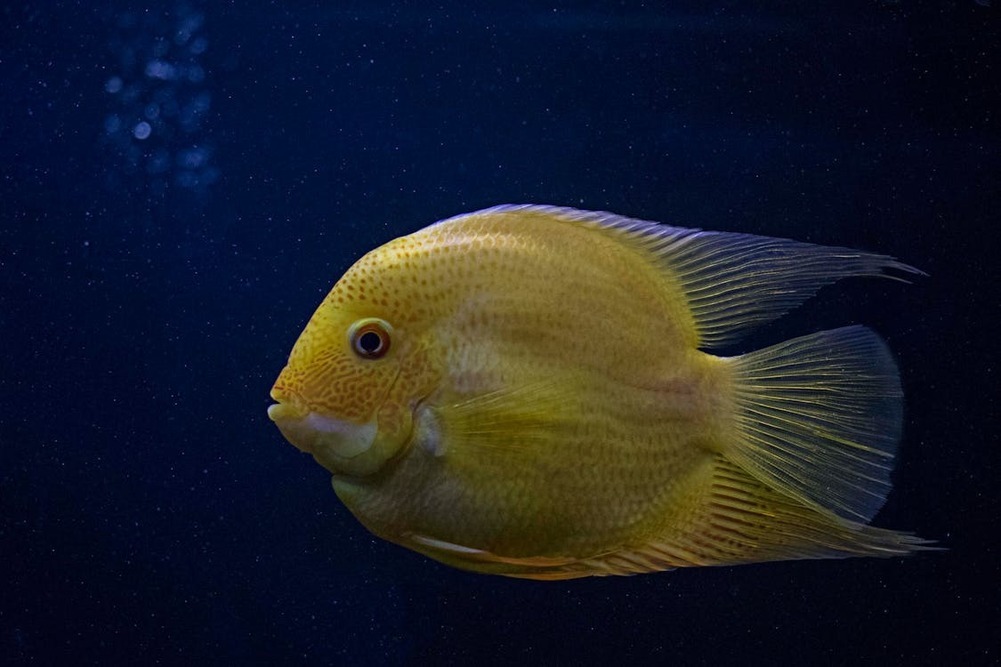
The book and subsequent screen adaptions of Moby Dick give an important message to all fisherman. The main moral of the tale is that revenge will always be a deadly affair. One of the main characters is Captain Ahab.
He has lost his leg to a white whale when the creature bit it off at the knee. Since then, Ahab has become obsessed with hunting down the whale. The story is from the perspective of Ishmael, a young sailor. He works on Ahab’s ship, Pequod, which is designed specifically for whaling.
As the name suggests, whaling is the practice of fishing for whales. The main purpose of this is to attain commercial products from the animal, such as blubber and meat. During the time of Moby Dick, whaling was essential to the industrial world. Whale oil was used to light homes.
The Pursuit
However, in the novel Ahab is more interested in killing Moby Dick, the white whale than attaining oil. He tries a number of times to harpoon it. On each occasion his rowing boats are destr oyed by the creature.
oyed by the creature.
Ahab sacrifices some of his own crew in his pursuit of the whale. He vows to kill it even if he has to travel across the globe to do so. His revenge quest becomes an obsession that threatens everyone on board.
In their final attempt to hunt down Moby Dick, Ahab manages to hit a harpoon into its flank. However, the whale destroys their rowing boat in response. This tosses the men into the sea. Ishmael is the only one who fails to make it back to their ship. This ends up saving his life.
The whale unleashes its fury upon the Pequod, completely destroying it. Ahab sees this as a chance to once again harpoon the whale. He manages to land a direct hit. However, he is entangled in the line. The rope ends up tying around his neck like a noose.
The whale drags Ahab out to sea and to his death. Every man on board is also lost. Ishmael manages to be rescued while floating in open water a day later. This story shows us that when fishing it is important to known when to let go of a worthy catch.




